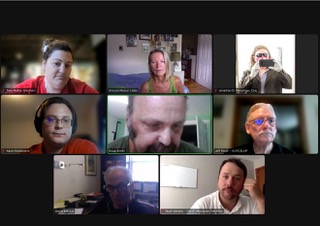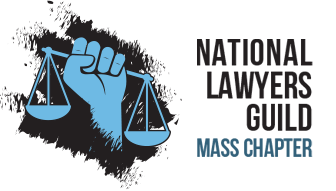
In June 2020, Litigation Committee members, including Jeff Petrucelly and David Kelston, sent public records requests to the Boston Police Department (BPD) and the Boston Regional Intelligence Center (BRIC) seeking records concerning the so-called, “Straight Pride Parade” (SPP) of August 31, 2019 and arrests, harassment and abuse of people who protested SPP. BPD and BRIC did not respond and NLG-Mass. Chapter filed a lawsuit in Boston Superior Court to force BPD and BRIC to hand over the records. Throughout calendar year 2022, the Litigation Committee continued to take action to get records concerning the 2019 Boston anti-Straight Parade Protests, including countless negotiations with BPD and the City, and a FOIA request to the FBI Boston Field Office. Following a meeting in March, Doug Smith, David Kelston and Sara Malley met with Boston Police Department’s (BPD’s) Legal Department on September 9, 2022, and NLG-Mass. Chapter has received most of what it has asked for from BPD, including videotapes, arrest records and records of investigation of police from BPD. BRIC, while it has released much of its records, including records it received from State and Federal agencies, continues to redact large portions of those records. The Litigation Committee is continuing its pressing for the requested records, and will file a petition for attorney’s fee for the work that has gone into obtaining the records we now have.
One of the things we learned from the SPP records requests was that protesters had been intimidated, and investigations of police abuses hampered, by police officers’ covering badges and not displaying name tags. Under the leadership of members Dan Donadio and Noah Meister, the Litigation Committee sent public records requests to several Massachusetts police departments regarding complaints about police officers covering their name tags or refusing to present their police identification cards upon request, including receiving responses with records from the Massachusetts State Police, and the police departments of Lowell, Springfield, Worcester, Fall River and Malden, The New Bedford Police Department also submitted records of several complaints regarding officers’ failures to display name tags and failures to produce police identification cards upon request, following a successful appeal to the Secretary of State’s Office’s Supervisor of Records. A separate successful appeal of Boston’s Police Department’s initial refusal to respond to a public records request about complaints of its officers’ covering name tags or refusing to present identification cards upon request h similarly resulted in submission of requested records. In a meeting with BPD’s legal department on October 17th, BPD agreed to provide not only records of complaints and investigations about name tags and identification cards, but all its complaints and investigations of BPD officers since 2011. The Litigation Committee, through NLG-Mass Chapter’s Executive Director Urszula Masny-Latos, is in the process of securing the help of a number of able Harvard undergraduates who will, together with Committee members, cull that enormous data set for pattens and practices of police misconduct and abuse, targeting of free speech, discrimination and accountability to the public. The Litigation Committee has received many recent reports about police covering name tags from activists and legal observers and is seeking opportunities to educate the protesting public about police officer’s obligation to identify themselves.
Following the presentation of Drew Friedfertig from the NLG-Buffalo Chapter to the Litigation Committee’s September meeting concerning the Buffalo NLG Chapter’s work in examining police policies and practices to screen out or investigate and discipline police officers who are members of white Nationalist organizations, anti-government militias, sovereign citizen groups, or “domestic terrorist” organizations, the Litigation Committee submitted a public records request to the Boston Police Department and the Boston Regional Intelligence Center (BRIC) to obtain records regarding recent high-profile threats and violence by white nationalist groups Patriot Front and NSC-131. The Litigation Committee pursued a similar public request from the Massachusetts state police and to send a FOIA request to the FBI’s Boston Field Office.
Based in part on evidence obtained through public records requests, the Litigation Committee provided commentary and testimony to the Peace Officer Standards and Training (POST) Commission, one of several committees formed to implement the 2020 Justice Act.
The Litigation Committee worked with the Mass. Alliance Against Predatory Lending, or MAAPL, throughout the year on issues affecting post-foreclosure homeowners facing eviction and racially discriminatory lending.



